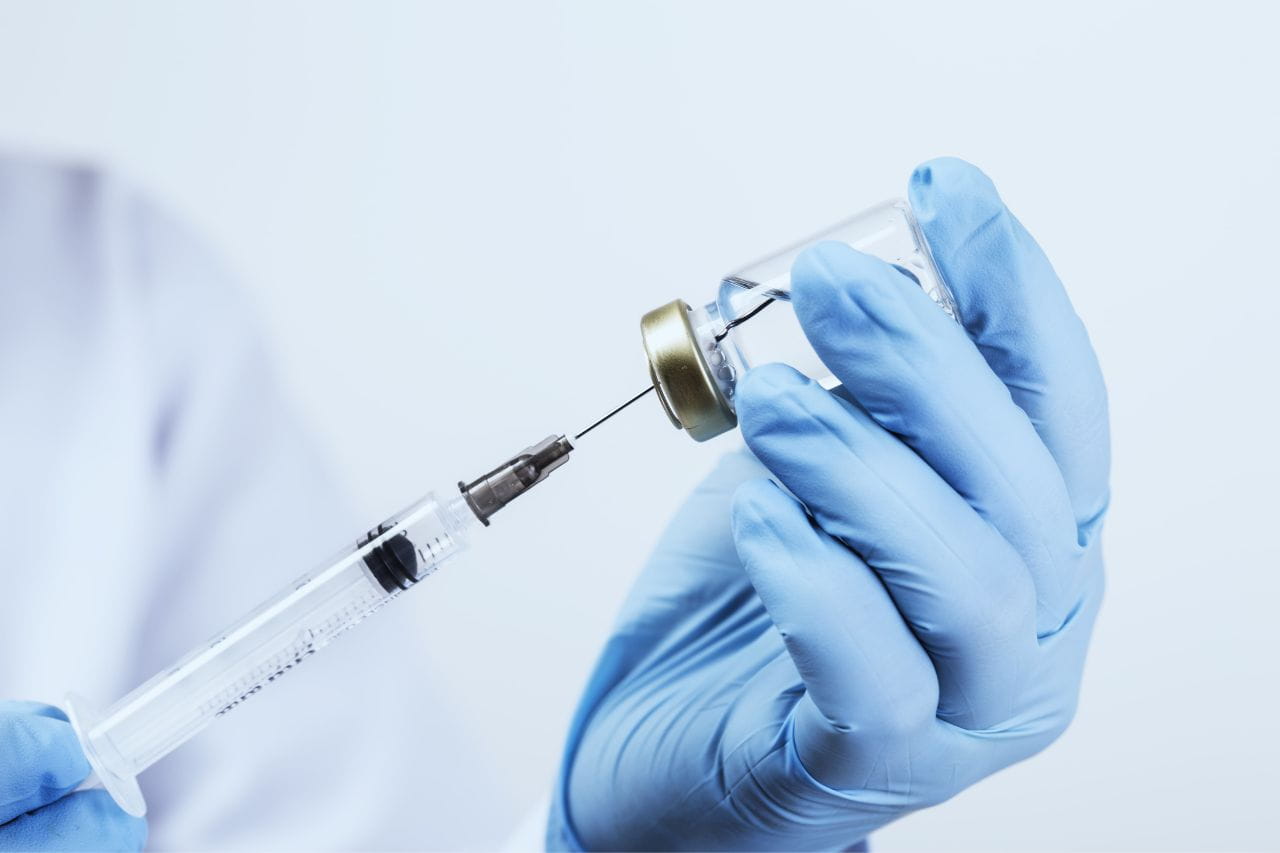What Are Amino Acids?
.jpg?rev=38ee81a0c7234bf887fbe4e45dfdccdc)
Have you heard of amino acids and wondered what they are and why they are needed for good health? This article explains the role of amino acids in the body, where you get them, and more.
Read on for an overview of these critically important substances.
Amino Acids: The Building Blocks of Proteins
Amino acids are molecules used by the human body (and by all living things) to make proteins. You’ll often hear them referred to as “building blocks,” as proteins are essentially long chains of amino acids.
There are many types of proteins, each playing a specific role in the body, including:
- Building and repairing tissues
- Transporting nutrients
- Providing energy
- Making hormones and enzymes
- Fighting infections
The amino acid sequence in a protein determines its form and function.
The 9 Essential Amino Acids
The body needs 20 different amino acids to be healthy and function correctly. It can make many of them, but you have to get nine “essential amino acids” from food:
- Histidine is needed to make the brain chemical histamine that plays a role in sleep, sexual function, digestion, and immune system function.
- Tryptophan helps control the body’s nitrogen balance and is used to make serotonin, which regulates sleep, mood, and appetite.
- Lysine is used in energy production, hormone creation, and immune function.
- Methionine is vital for metabolism, detoxification, tissue growth, and the absorption of selenium and zinc.
- Valine plays a role in energy production, tissue regeneration, and muscle growth.
- Leucine is important in muscle tissue repair, wound healing, blood sugar regulation, and the production of protein and growth hormones.
- Threonine plays a role in fat metabolism, immune function, and the production of proteins called elastin and collagen, which are present in the skin and connective tissue and needed to form blood clots.
- Phenylalanine is needed to produce chemical messengers in the brain, including dopamine, epinephrine, and norepinephrine.
- Isoleucine plays a role in immune function, muscle metabolism, and energy regulation.
Other amino acids are “conditional,” meaning they’re considered essential if you are sick or stressed. The conditional amino acids include serine, arginine, tyrosine, cysteine, glutamine, proline, glycine, and ornithine.
Dietary Sources of Amino Acids
Many foods contain essential amino acids. The best sources are animal proteins, including eggs, beef, and poultry.
Foods containing all nine essential amino acids are called “complete proteins.” They include the animal protein sources above plus dairy, soy, buckwheat, and quinoa.
Other foods called incomplete proteins contain some but not all of the essential amino acids. They include nuts, beans, seeds, and specific grains. People with a vegetarian or vegan diet need to eat a variety of incomplete proteins to ensure they get all nine essential amino acids.
L-theanine and ADHD
Our bodies need amino acids for a wide range of functions. L-theanine, an amino acid present in green and black teas, isn’t essential but may help reduce the symptoms of attention-deficit/hyperactivity disorder.
Small studies suggest that consuming L-theanine can improve concentration, attention span, and performance in people with ADHD. Research is ongoing, and while early results suggest potential benefits, L-theanine is not a replacement for standard ADHD treatments.
Other studies on people who don’t have ADHD suggest L-theanine may have additional health benefits, including improving sleep quality, reducing stress, and improving mental clarity. L-theanine is generally considered safe and well-tolerated in daily quantities of up to 500 mg.
You should talk with your doctor if you’re considering increasing your L-theanine intake (through tea or supplements) for a specific purpose.
Learn More About Amino Acids From Baptist Health
Amino acids are essential for good health. Your annual physical is a great time to ask your doctor questions about them and how to ensure you get the right amounts in your diet.
Don’t have a Baptist Health physician? You can find one in our online provider directory.
Next Steps and Helpful Resources
Learn More About Primary Care at Baptist Health
Health Benefits of Whole Wheat and Sourdough Bread
What Is Raw Milk?
What Is the Keto Diet?
Sleep Inertia: Understanding Causes, Symptoms, and Solutions

.jpg?rev=5aabb100d3ca430b90f0595e392b286a)
.jpg?rev=0669da79ee4e481d979a4d08cce4c175)
